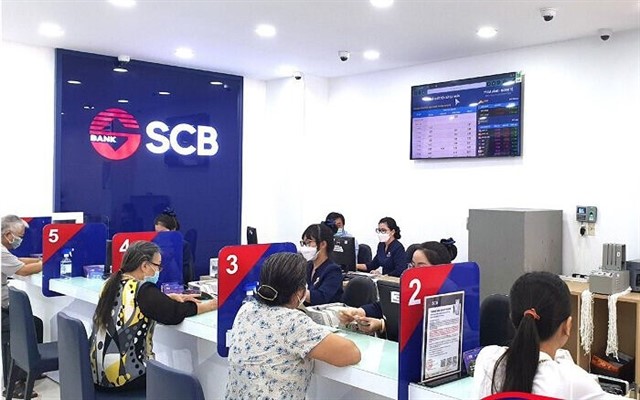Cross-ownership and manipulation in credit institutions will be tightened after the revised Law on Credit Institutions took effect from July 1, 2024.

Cross-ownership and manipulation in credit institutions will be tightened after the revised Law on Credit Institutions took effect from July 1, 2024.
Under the law, ownership by an institutional shareholder in a credit institution will be reduced from 15 per cent to 10 per cent and for an individual and his/her related parties from 20 per cent to 15 per cent.
The ownership limit for an individual shareholder remains unchanged at 5 per cent, but now credit institutions must disclose information about shareholders holding stakes of 1 per cent or more instead of the previous 5 per cent.
Credit institutions must disclose this information annually to the board of directors and shareholders.
The amendments are aimed at limiting and preventing cross-ownership and ownership that dominates the operations of credit institutions.
According to the State Bank of Vietnam (SBV), as of 2022, there were 17 institutional shareholders in 13 banks and one financial company with ownership exceeding 10 per cent.
It is challenging to enforce comprehensive regulations to address cross-ownership issues and requires an integrated approach, using national data on population and business registration and coordination between various governmental agencies.
In the case of Saigon Commercial Bank (SCB), Trương Mỹ Lan controlled 80 per cent of SCB’s charter capital through 74 proxies to circumvent the legal regulation that an individual cannot own more than 5 per cent of a bank's charter capital. SCB was manipulated, causing subsequent losses to the financial market and the entire economy.
Economist Lê Đạt Chí does not think ownership caps can completely prevent cross-ownership in banks and will merely enlarge the ecosystem of shell companies and individuals standing in as proxies and make it more sophisticated.
Experts say there are still many ways to circumvent the law and keeping it under check requires coordination among various agencies and close monitoring by the SBV.
Under a directive on the implementation of monetary policies in 2024, Prime Minister Phạm Minh Chính asked the Ministry of Public Security to coordinate with the SBV to develop measures to prevent and handle cross ownership and manipulation at credit institutions.
Scrutinising cross ownership and manipulation at credit institutions aimed to ensure system safety as well as financial and monetary security, the PM noted. — VNS





